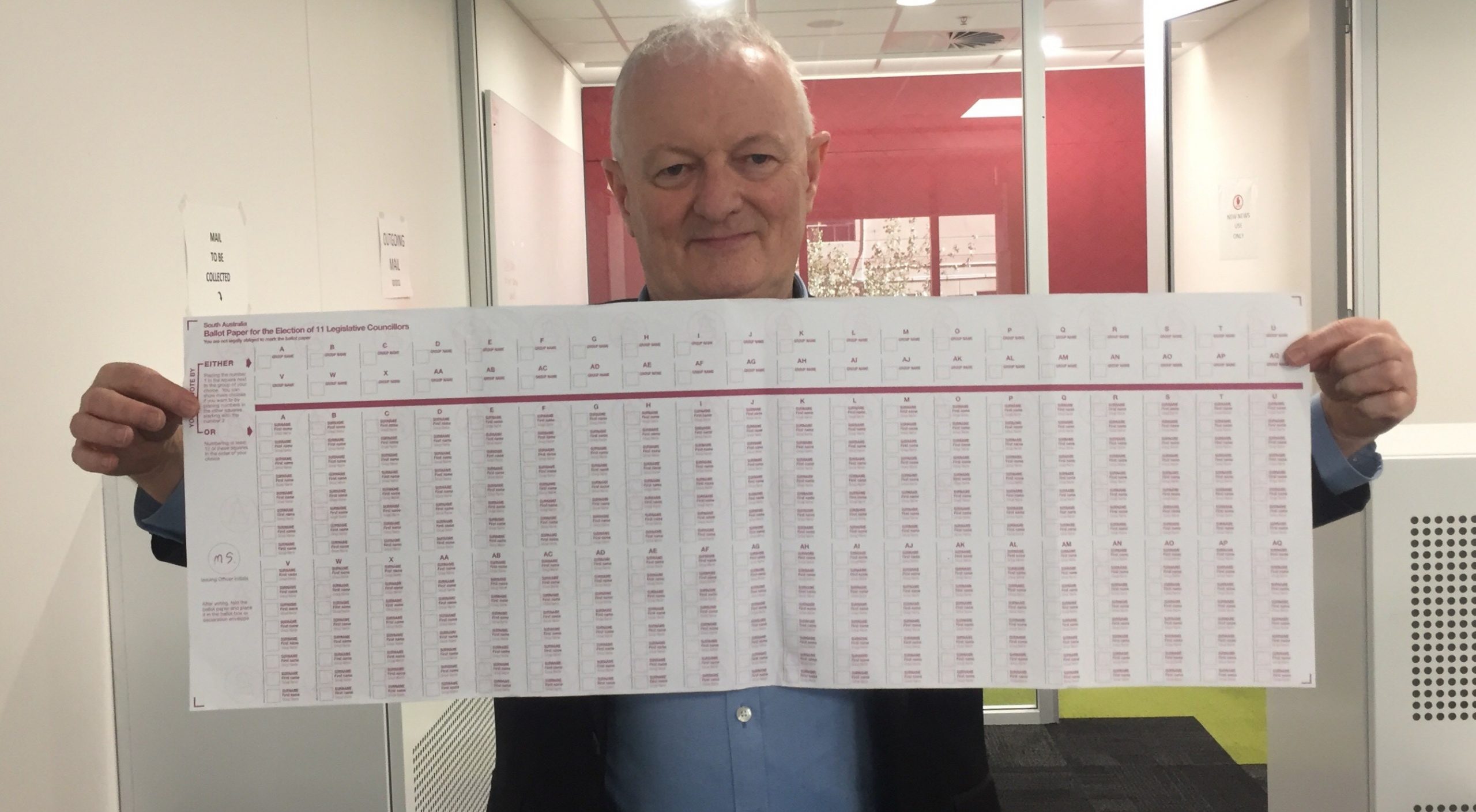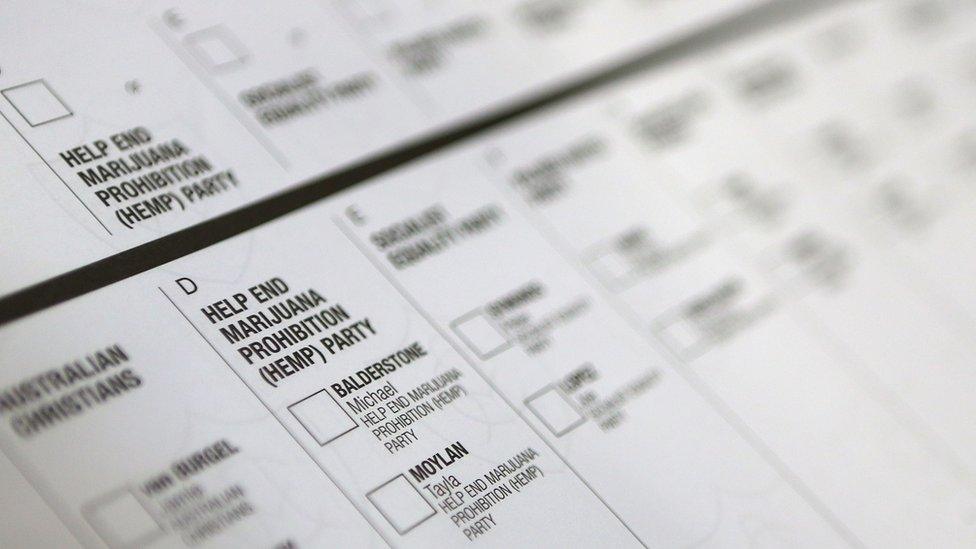Australia’s 2025 federal election, held on May 3, saw Labor achieve a historic landslide, but the real story for many voters was the complexity of the Senate ballot. With a record number of independents and minor parties vying for attention, the Senate paper was a showcase of Australia’s political diversity. Voters faced an array of choices, from parties with clear, issue-based names to others whose innocuous titles masked more radical or eccentric agendas.
With minor parties and independents now holding significant sway, understanding what each group stands for has never been more important. This guide unpacks the key minor and micro parties that shaped the 2025 Senate contest, helping voters avoid casting a ballot they might later regret.
Conservative and Religious Movements
Several parties in the 2025 election positioned themselves as guardians of traditional and Christian values. The Australian Christian Party ran on a platform opposing abortion and euthanasia, seeking to reverse same-sex marriage and ban puberty blockers for minors. Their campaign focused on “defending life, faith, family, and freedom.”
Family First Party Australia echoed these sentiments, fighting what it called “radical anti-family attitudes” from both the left and libertarian right. They advocated for removing LGBTQ+ content from schools and making it more appealing for married couples to have children.
Meanwhile, the Trumpet of Patriots—the latest incarnation of Clive Palmer’s political movement—called for a unified “Australian culture,” promising to remove the “woke agenda” from schools and reduce government interference in daily life.
Progressive and Environmental Advocates
On the progressive side, several parties focused on animal rights, climate action, and social justice. The Animal Justice Party was the only group dedicated solely to animal welfare, campaigning for a federal animal protection body and stronger safeguards for native species.
FUSION, formed from the merger of several minor parties, championed climate emergency action, increased investment in science and education, and societal equity.
Far-left parties like the Socialist Alliance and Victorian Socialists pushed for wealth taxes on the super-rich, immediate sanctions on Israel, withdrawal from AUKUS, and robust action on the housing crisis. Victorian Socialists, in particular, gained attention for their focus on renters’ rights and reversing privatisation.
Single-Issue and Specialized Parties

Some parties were built around a single cause or represented specific communities. The Legalise Cannabis Party advocated for legalizing, taxing, and regulating cannabis, treating it like alcohol or tobacco, and allowing home cultivation.
Australia’s Voice, formed after Senator Fatima Payman’s split from Labor over Palestine policy, made a Gaza ceasefire central to its platform, alongside housing reform and the creation of a public bank.
The Indigenous – Aboriginal Party of Australia fielded all-Indigenous candidates, aiming to address incarceration rates, protect sacred sites, and give Indigenous people control over their education and community affairs.
Economic and Libertarian Alternatives
Economic reform and personal liberty were the focus for several parties. Gerard Rennick, People First, advocated for lower income taxes, voluntary superannuation, and the reestablishment of public banking.
The Libertarian Party (formerly the Liberal Democrats) called for minimal government intervention, higher tax-free thresholds, abolishing the education department, and constitutional free speech protections.
Sustainable Australia Party took a unique stance by opposing rapid population growth, supporting a universal basic income, and pushing for free university education and reduced immigration.
Fringe and Controversial Groups
Some parties held more controversial or unconventional positions. HEART (Health Environment Accountability Rights Transparency), previously known as the Involuntary Medication Objectors, opposed mandatory vaccination, water fluoridation, and Australia’s membership in the WHO and UN, instead promoting “holistic and natural” health alternatives.
The Australian Citizens Party, with roots in the Citizens Electoral Council, pushed for protectionist economics, ending foreign policy alignment with the US and UK, and repealing nuclear power bans.
With such a diverse range of minor and micro parties on the Senate ballot, Australian voters in 2025 faced a complex task. By understanding what each party truly stood for—beyond the slogans and surface-level names—voters could ensure their preferences reflected their values and avoided casting a vote they might regret. This guide aims to shine a light on the full spectrum of political options, empowering voters to make informed, confident choices in shaping Australia’s future.

